

Global Issues Library
Global Issues Library reflects the key issues affecting our world today, including border issues, migrations, atrocities and human rights violations, security, revolution and protest, incarceration, disasters, and environmental issues. Through historical and contemporary events found in this database, students and scholars can learn about and contextualize the issues that have transformed the human experience globally.
Global Issues Library will include around 180 thematical clusters of issues, topics, and events from the late 1780s to present that are key to understanding today’s world: immigration, genocide, peacekeeping, climate change, water issues, key engineering failures, terrorism, human trafficking, and incarceration. Specific events explored include the U.S. and Mexico Border, the Rwandan Genocide, the Arab Spring, the Israeli-Palestinian conflict, and climate migrants in Asia Pacific.
Issues and events are presented through a variety of perspectives—personal, governmental, legal, contemporary and retrospective—that demonstrate the interactions and interconnectedness of global issues and allow students and scholars to consider their world in new ways, such as:
- How atrocities and war happen and the aftermath of these crises across borders.
- How environmental issues and security issues affect displacement.
- How institutions respond and have responded to global crisis.
Content Examples
Access unique personal and official documents retracing the life of a family who lived in France during the German occupation, starting as they left Ukraine for France. Follow the history of the family after their deportation to Auschwitz, including official and personal documents.
Meet African migrants who survived a boat wreck as they tried to emigrate to Europe in the documentary film, African Exodus.
Explore the horrors of the Cambodian genocide that took place from 1975 to 1979 under the Khmer Rouge in Alexander Laban Hinton’s book, Why Did They Kill?, to understand why mass murder happens and what motivates perpetrators to kill.
Get the first-hand account of Souleymane Guengueng, the Chadian torture victim who spent three years in prison, and who helped bring to justice the former dictator Hissène Habré
Understand the controversy surrounding the Three Gorges Dam, a massive feat of engineering that took a step toward clean energy, but that displaced millions of people and caused significant ecological changes to the surrounding area, through documentaries, contemporary texts, and records of the dam’s construction.
Use Case
Mass Incarceration and Social Justice in the United States and Around the World (PDF)
Unique and Exclusive Content Partners
Includes archival materials that can only be found in Global Issues Library, such as collections from the National Archives in Kew, University of London, the Clinton Library, and others.
Teaching Power
- Covers all document types and media: Includes primary sources, books, oral histories, scholarly essays, conference proceedings, letters, diaries, images, plays, posters, documentaries, contextual monographs links to websites, and other archival documents.
- Opportunities for comparative study: Content is organized around thematic units, such as the Cambodian genocide, the Burma-Myanmar Conflict, the Iranian Revolution, the European Union and its borders. This structure allows students to compare issues geographically, historically, or from other viewpoints.
- Interdisciplinary: Aligned with how these topics are taught today, the Global Issues Library combines historical, political, international, sociological, anthropological, artistic, and human rights perspectives. It supports research and teaching in international studies, history, political science, sociology, security studies, peace studies, law, public policy, and anthropology.
Global Issues Library includes the full contents of the following collections:
- Aging in the Modern World - Recently launched
- Border and Migration Studies Online
- Contemporary Global Issues in Video
- Engineering Case Studies Online
- Environmental Issues Online
- Human Rights Studies Online
- Mass Incarceration and Prison Studies
- Revolution and Protest Online
- Security Issues Online
- Trade and Globalization Studies Online
- World Events and the Media - Recently launched
Advisory Board
Holly Ackerman, Librarian for Latin American, Iberian and Latino Studies, Duke University
Laetitia Atlani-Duault, Fellow at the French National Development Research Institute, Professor at IRD - CEPED (Sorbonne Paris Cité University, Paris V René Descartes), Director of the Collège d’Études Mondiales (CEM) at the Fondation Maison des sciences de l’homme (FMSH)
Vanessa Barker, Docent and Associate Professor of Sociology, Stockholm University
Olivier Bercault, lawyer and researcher for Human Rights Watch
Mary Bosworth, Professor of Criminology, Fellow of St Cross College, University of Oxford; Professor of Criminology, Monash University, Australia; and Director of the Border Criminologies Network
Orville Vernon Burton, Distinguished Professor of History, Sociology, and Computer Science, Clemson University; and Director of the Clemson CyberInstitute
Phillip A. Cantrell, Associate Professor of Asian History, African History, World History, Longwood University
Yuk Wah Chan, Associate Professor, City University of Hong Kong
Melissa Checker, Hagedorn Professor of Urban Studies and Environmental Psychology, Queens College (CUNY)
Hastings Donnan, Director of the Mitchell Institute for Global Peace, Security and Justice and Co-Director of the Centre for International Borders Research, Queen’s University, Belfast
Baz Dreisinger, Professor, John Jay College of Criminal Justice
Hannah Elsisi, Lecturer in Modern Middle East History, King’s College London
Julie Murphy Erfani, Associate Professor, Arizona State University
Catherine Filloux, award-winning playwright, longtime social justice advocate
Pamela Graham, Director of the Center for Human Rights Documentation & Research, Columbia University, and Director of the Global Studies division of the Libraries
Amy S. Green, Chairperson & Associate Professor, John Jay College of Criminal Justice
Anna Gunderson, Professor of Political Science, Louisiana State University
Henk van Houtum, Head of the Nijmegen Centre for Border Research, Associate Professor of Political Geography and Geopolitics, Radboud University Nijmegen
Pranoto Iskandar, Founding Director, The Institute for Migrant Rights, Indonesia
Cathia Jenainati, Head of the School for Cross-Faculty Studies, University of Warwick
Lada Kochtcheeva, Associate Professor, Global Environmental Policy and Law, North Carolina State University
Richard Matthew, Associate Dean of Research and International Programs and Professor of Urban Planning, Public Policy and Political Science, University of California, Irvine
Molly Molloy, Research Librarian, Border and Latin American specialist, New Mexico State University Library
Vivian D. Nixon, Executive Director, College & Community Fellowship
James Oleson, Associate Professor, University of Auckland
David Scheffer, Director, Center for International Human Rights at Northwestern University, former US ambassador-at-large for war crimes issues
Scott Schimmel, Assistant Professor of Communications, Environmental Science, University of Hawai’i
Andrew Taylor, Research Scientist, Research Analyst at Vera Institute of Justice
Ruti Teitel, Professor of Comparative Law, Chair, Global Law and Justice Colloquium, Co-Director, Institute for Global Law, Justice & Policy, New York Law School
Related Collections
-
 Aging in the Modern World
Aging in the Modern World -
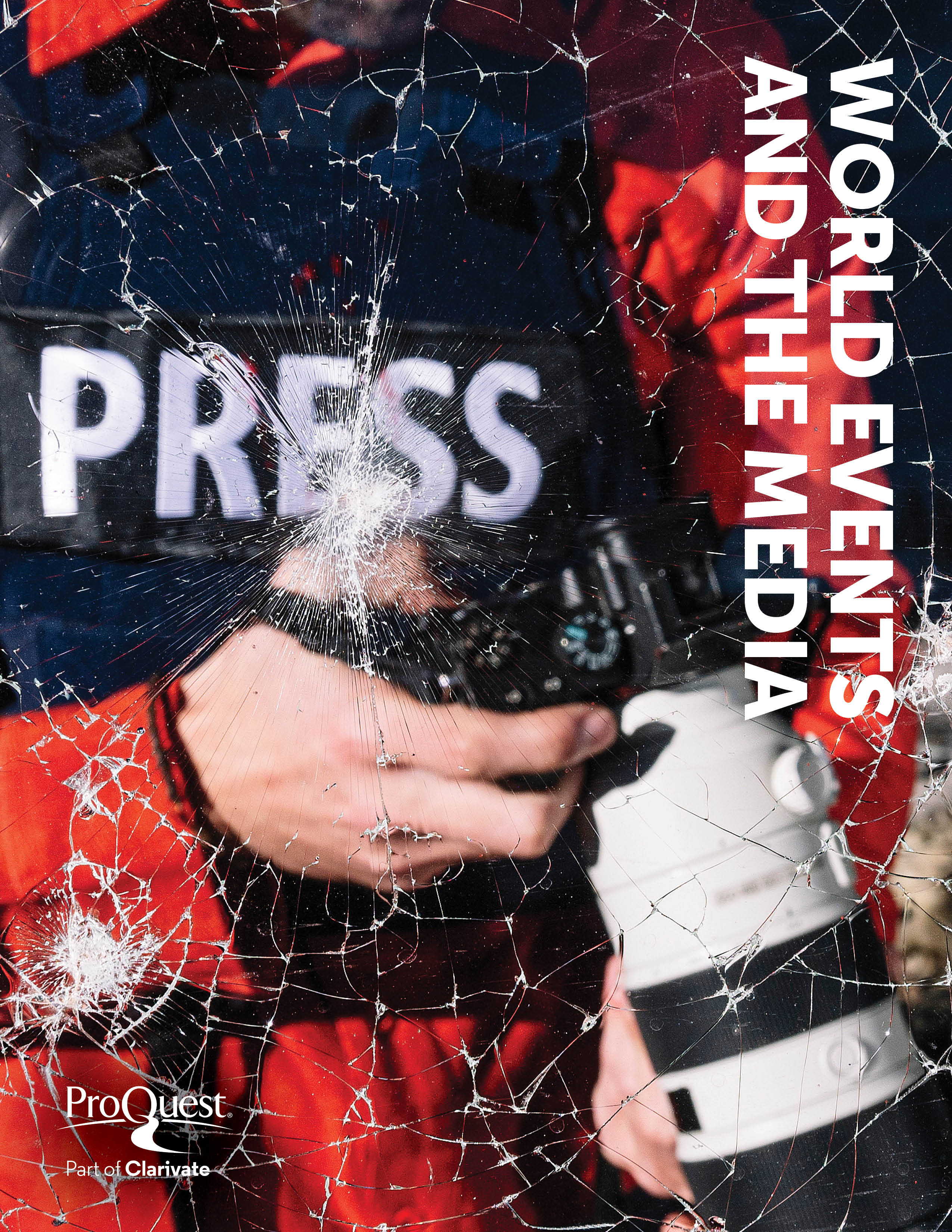 World Events and the Media
World Events and the Media -
 Contemporary Global Issues in Video
Contemporary Global Issues in Video -
 Trade and Globalization Studies Online
Trade and Globalization Studies Online -
Human Rights Studies Online
-
 Border and Migration Studies Online
Border and Migration Studies Online -
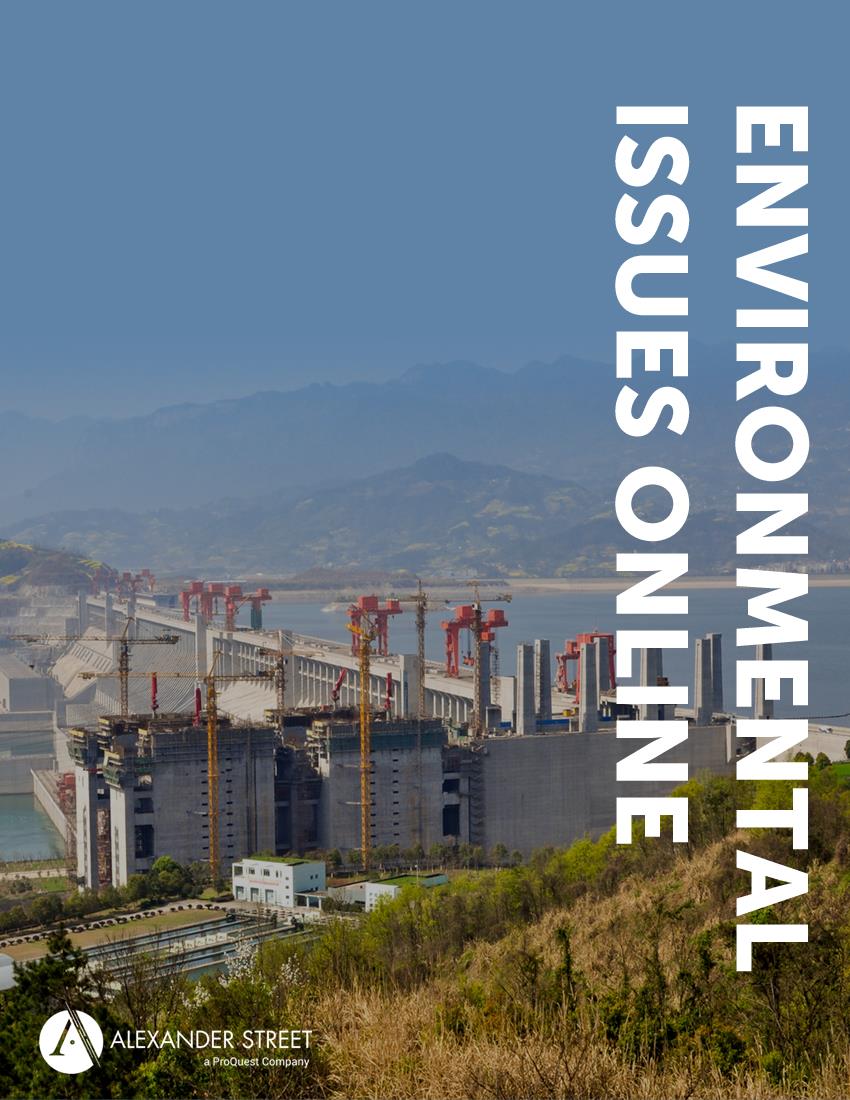 Environmental Issues Online
Environmental Issues Online -
 Mass Incarceration and Prison Studies
Mass Incarceration and Prison Studies -
 Revolution and Protest Online
Revolution and Protest Online -
 Security Issues Online
Security Issues Online -
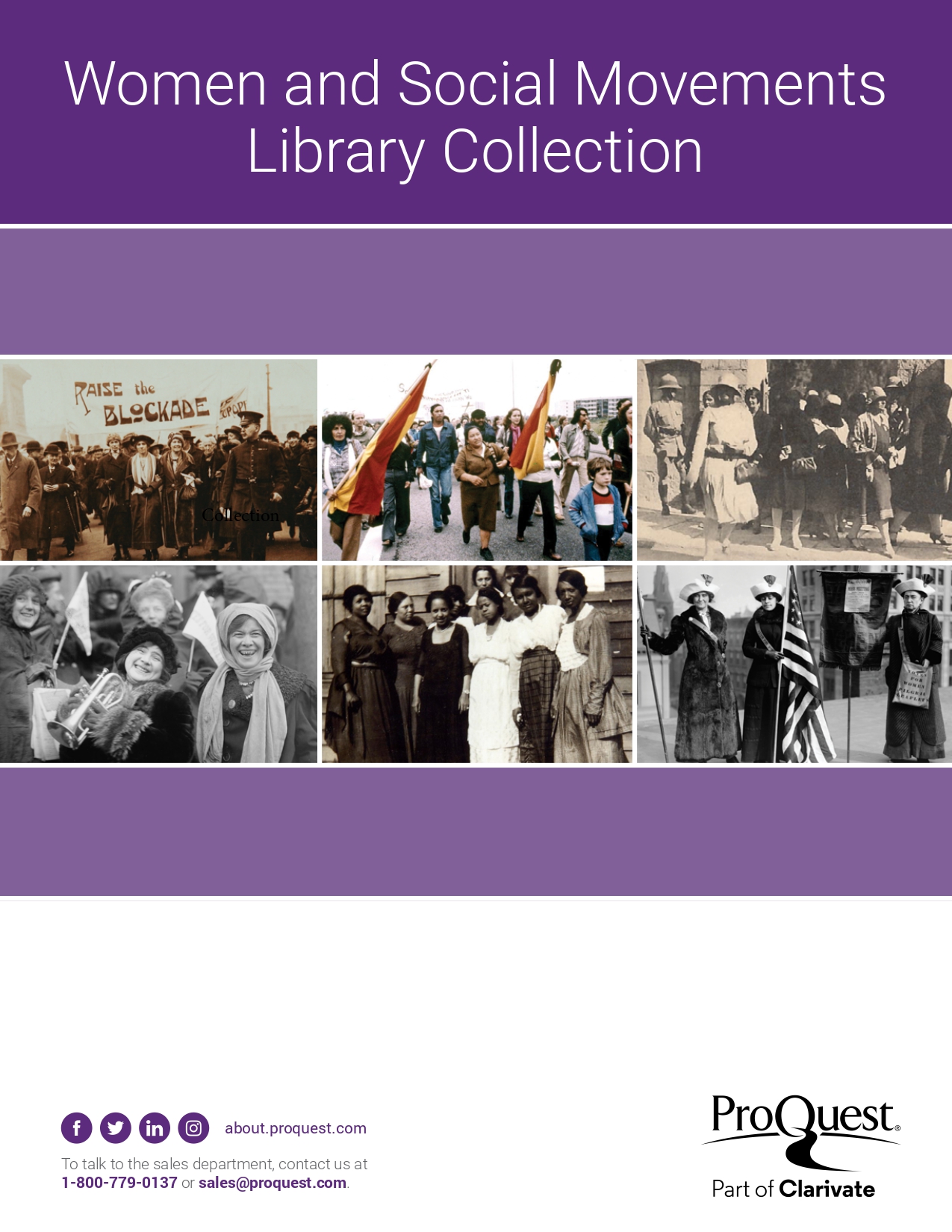 Women and Social Movements Library Collection
Women and Social Movements Library Collection -
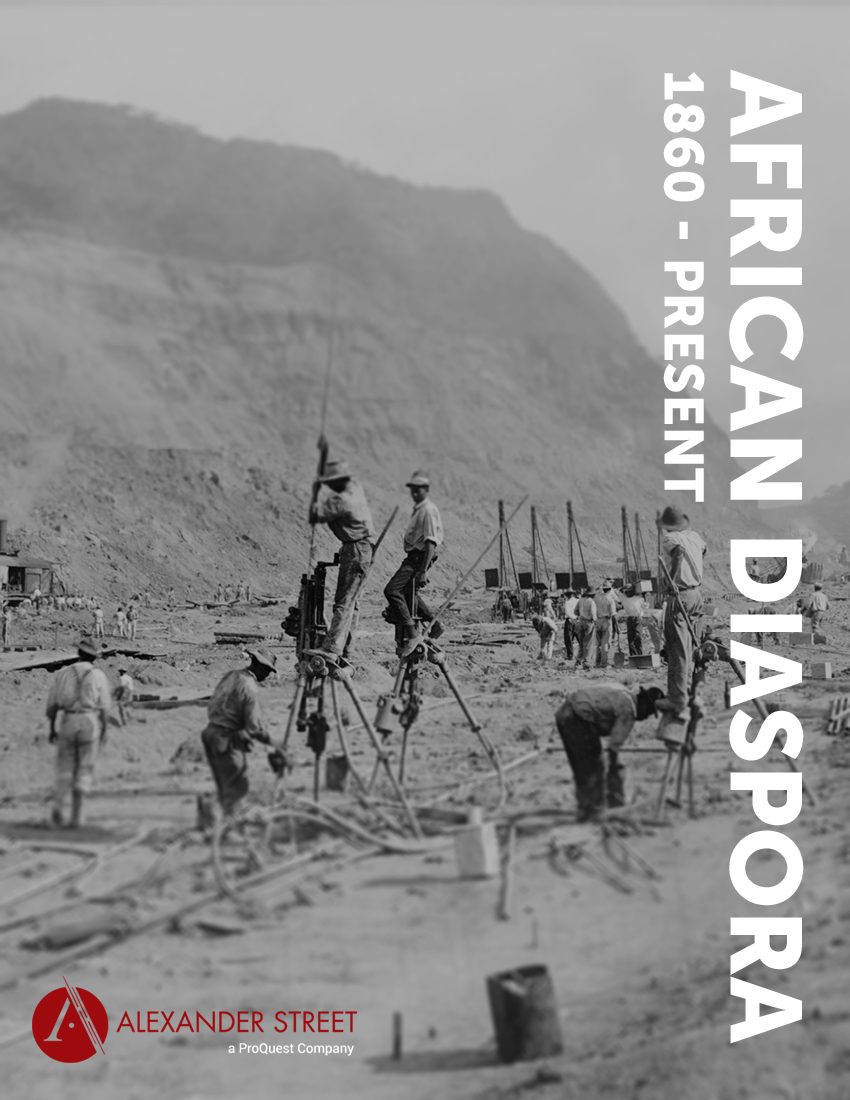 African Diaspora, 1860-Present
African Diaspora, 1860-Present -
 Environmental Studies in Video
Environmental Studies in Video -
 Anthropological Fieldwork Online
Anthropological Fieldwork Online -
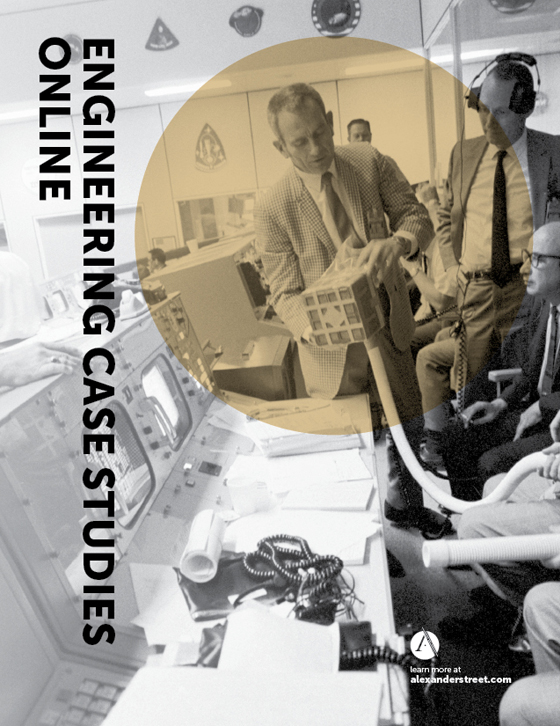 Engineering Case Studies Online
Engineering Case Studies Online



